
8 Debts That Can Be Included in a Debt Relief Order
Are you struggling with multiple debts? There are many debt solutions available, so, depending on your circumstance and financial situation, there will be one that is right for you. For example, a Debt Relief Order (DRO) may be an option to consider.
What Is A Debt Relief Order?
A Debt Relief Order is a form of insolvency that is only available in England, Wales and Northern Ireland. It is an alternative to going bankrupt and instead writes off the debt you are unable to pay off in a reasonable amount of time. Debt Relief Orders have been designed to provide relief to people who have borrowed money, allowing them to try and improve their financial situation.
To meet the Debt Relief Order criteria in England and Wales, your total debt needs to be below £30,000 and you only have £75 or less per month as spare income after paying for reasonable or essential living expenses. Also, this must be your only Debt Relief Order in the last 6 years, and your assets must be worth £2000 or less. You must have lived or worked in England or Wales in the last 3 years.
If you are accepted for a Debt Relief Order, your name will be placed on a register called the Individual Insolvency Register, and it will remain there for the length of your DRO, plus an additional three months.
Not all debt can be included in a Debt Relief Order. For example, student loans and criminal fines are not included. The ones that can are called qualifying debts.
How Long Does A Debt Relief Order Last For?
When you have a Debt Relief Order, you can get your debt written off after 12 months if your financial situation remains the same in that time period and you continue to meet the qualifying criteria.
The Official Receiver, an officer of the Insolvency Service, is the one who accepts your application, and they may extend your DRO or end it early, depending on the circumstances. Most DROs last for 12 months.
After those 12 months, your debt will be written off.
8 Debts To Include In A DRO:
1) Utilities and Council Tax Arrears
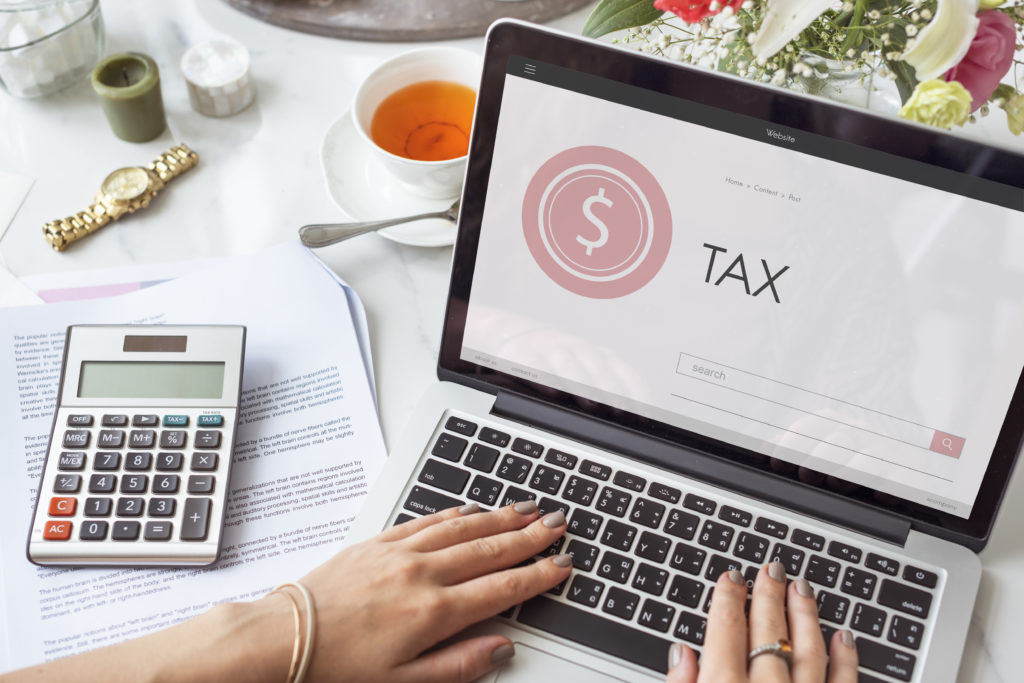
A Debt Relief Order can help with household arrears, which include the likes of council tax, gas, electricity, rent and telephone bills. Council tax debts in particular are important debts to deal with as non-payment of these can have serious consequences such as imprisonment.
Debt Relief Orders are one way of clearing council tax debt. Council tax going forward will need to be paid as normal.
2) Credit Card Debt
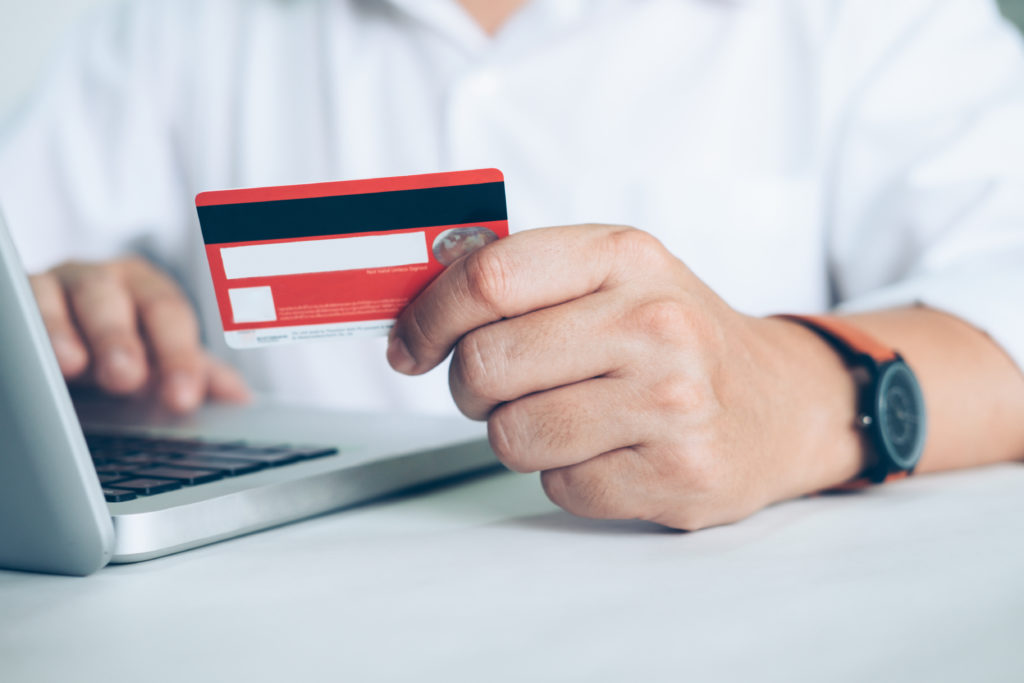
Credit card debts are common in the UK, with the average citizen having £2718 credit card debt in 2020, and as of April 2022, it is approximately £7264 per household. April 2022 has also seen the unsecured debt per adult increase to £3817.
Using a credit card is similar to taking out a loan, and paying off credit card debt is important to prevent the amount of interest from the loan from building up into something unmanageable.
3) Payday Loans

Payday loans are small amounts of money that are lent between paydays, usually between £50 and £1000, and last for a few weeks. They are well known for having high interest rates and small windows in which the money can be paid back.
This style of loan often leaves people struggling to pay the loans back, and can make their financial situation worse. This is especially likely if you are already in financial difficulty when taking out a payday loan.
Having a DRO offers relief for your payday loan debt and can be written off at the end of the process.
4) Overdrafts

Overdraft debt often comes with high-interest rates, and can sometimes feel like the money is your own instead of borrowed. If you have a current account with the bank you owe money to, they may take money from said account to pay themselves back that overdraft debt you owe.
A Debt Relief Order allows your overdraft debt to be written off at the end of the DRO.
5) Benefit Overpayments
Benefit overpayments are when you have been paid more than you are entitled to in benefits. It can be easy to struggle to pay back benefit overpayments, especially if the money has already been spent before realising it was an overpayment.
Benefit overpayments that are included in your DRO cannot be recovered.
Unless they are a result of fraud, benefit overpayments can be written off.
6) Hire Purchase or Conditional Sales Agreements
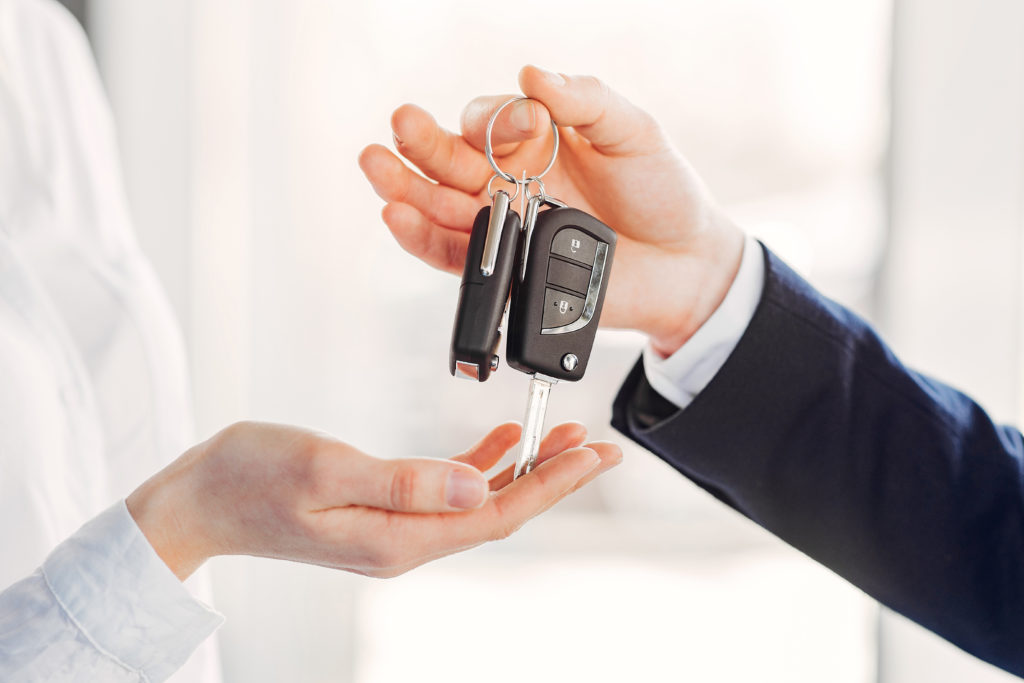
Hire purchases and conditional sales agreement items do not legally belong to you until they are paid off fully. If you have paid less than 33% of your hire purchase agreement debt and you miss payments, you may have to return these items if you have a DRO. Transferring the ownership of these items to someone who can pay for them may also be an option.
In certain situations, you may be able to not have this included in your DRO if you are not in arrears with your payments. Speak with your Official Receiver about whether you need to include your hire purchase or conditional sales agreement in your Debt Relief Order.
You cannot have a hire purchase or a conditional sales agreement if you do not make them aware that you have a Debt Relief Order.
7) Finance Items
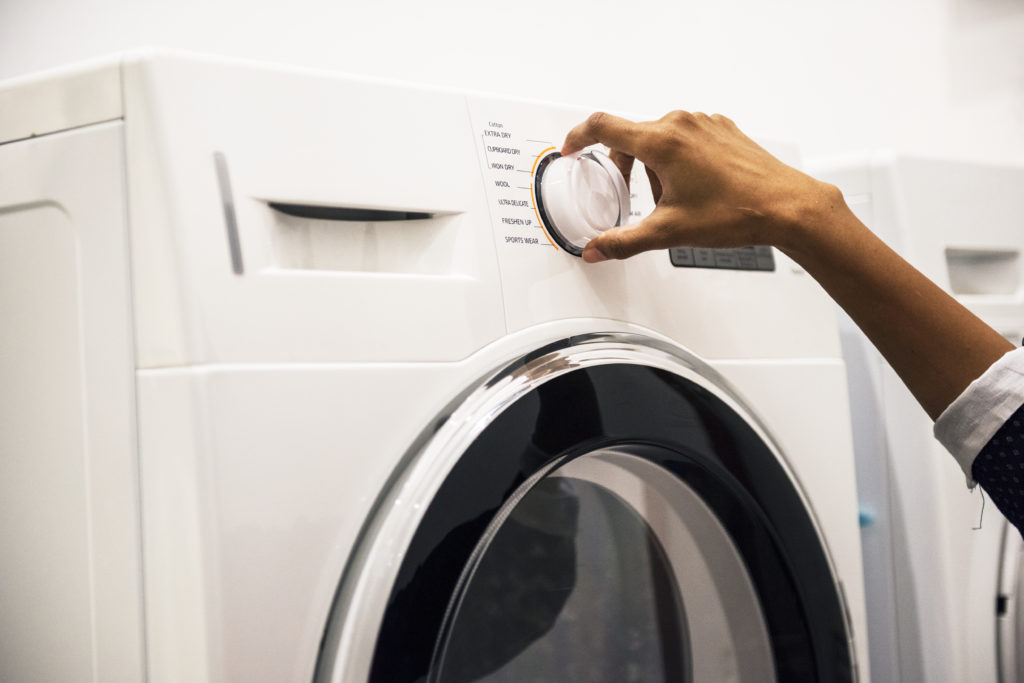
Some items, such as washing machines, can be bought on finance, which includes Buy Now, Pay Later (BNPL) purchases. These are short-term finance options where customers can make a purchase and pay for it at a later date.
Buy Now, Pay Later debts can have interest attached, although sometimes that interest only comes into place after a specific amount of time. Some BNPL debts can be interest-free. Whilst they don’t impact your credit score at the time of writing, they may in the future, and having Buy Now, Pay Later debts combined with other debts can still impact you financially.
Depending upon the nature of the agreement, the money borrowed may be secured on the item purchased. Failure to make the payment could mean that the item is repossessed so ensure you are aware of the terms and conditions of the agreement.
8) Loans From Family Or Friends
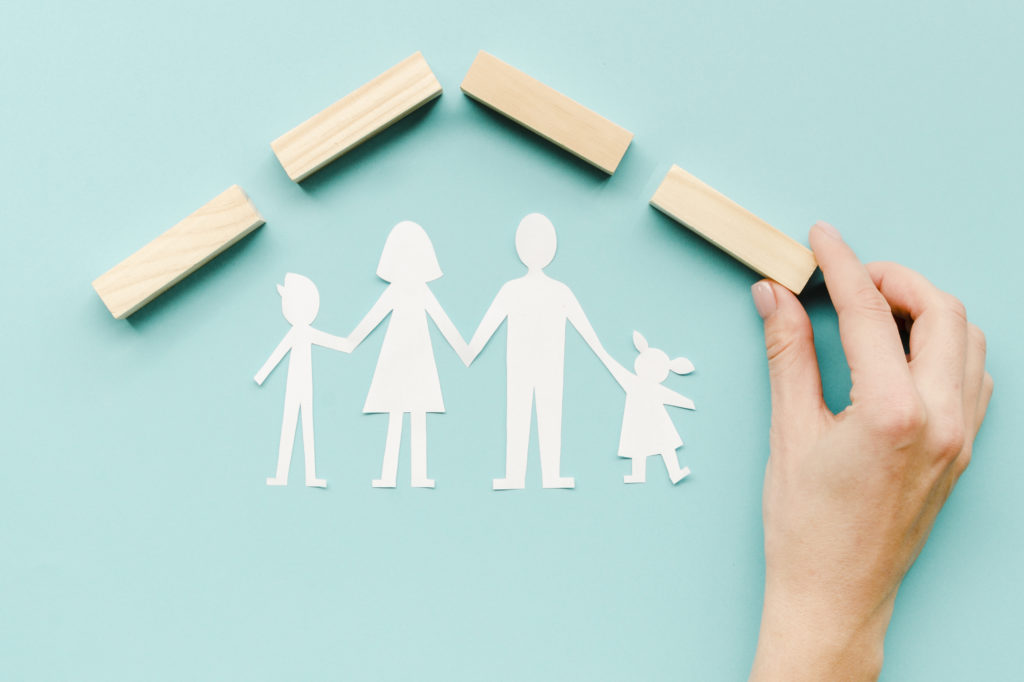
Loans from family and friends can also be written off with Debt Relief Orders, however, bear in mind that this means that the person you owe money to will not be repaid.
There are various options that are available for you to use if you are struggling financially, and it is important that you find the right solution for you. If you find you are in need of a solution such as a DRO or an IVA (Individual Voluntary Arrangement), you need to ensure the one you apply for meets your needs, and that you meet the criteria so it can help with your financial situation. At Swift Debt Help we can fully assess your financial situation to see if we can offer a solution that meets your needs.
Request a Debt Assessment
Disclaimer: For guidance only. Financial information entered must be accurate and would require verification. Other factors will influence your most suitable debt solution.